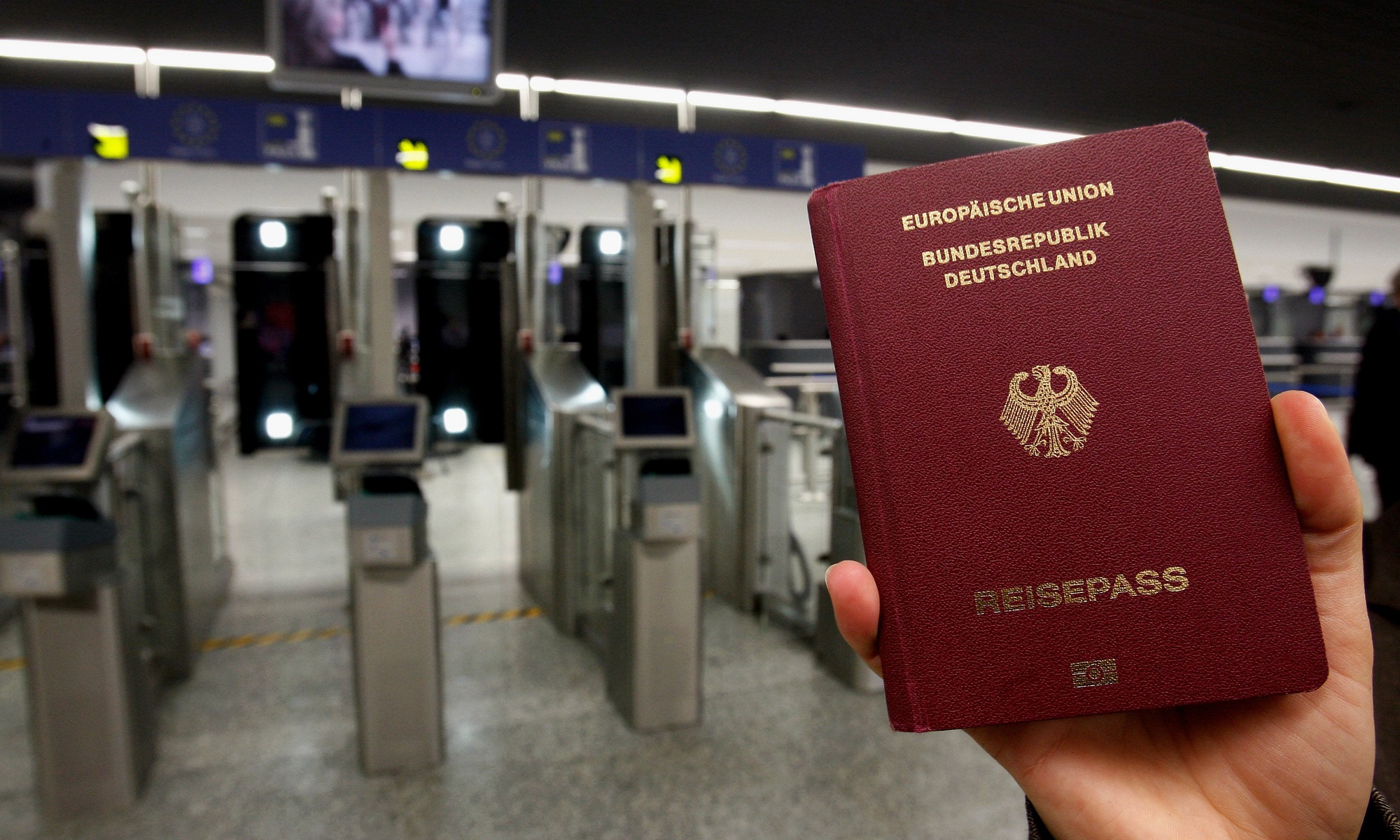
However, if you are not a citizen of EU/EEA or Switzerland, then there are several ways how you could relocate to live in Germany. In this article, we will look into the ways you could relocate to Germany.
Moving to Germany as a citizen of EU, EEA or Switzerland
In general, the citizens of any EU/EEA country or Switzerland can relocate within all of the European Union countries without having to obtain a visa. This means, that if you are a citizen of these countries you can enjoy the freedom of living and working in Germany without having to apply for a visa.
To do that, you will need a valid passport or ID card. However, if the planned stay is longer than three months or you plan to take up residence – registration is required.
You will be required to register your address in Germany after the three-month period has passed. You can do that in the Residents’ Registration Office in the city you live in. Each city has its own website and location for this.
If you are a Swiss national, you will additionally have to apply for a declaratory residence permit for Swiss nationals. You can apply for it in the Aliens Authority in Germany in the city you reside in.
Moving to Germany if you are not a citizen of EU, EEA or Switzerland
If you aren’t a citizen of EU/EEA or Switzerland, then you will need to acquire a residence permit if you plan to stay in Germany longer than 90 days. Usually, you will have to apply for a residence permit and a visa. This can be done at an embassy or consulate.
If you are an asylum seeker or political refugee, then you won’t have to go through the regular application process. All of the other expats can apply for a temporary residence permit, the EC long-term residence permit, the Blue Card or the permanent settlement permit.
A temporary residence permit is the most common type of permits issued to expats. It is usually valid for one year and has to be renewed periodically. The renewal time depends on your nationality, occupation, and employment.
You will also have to acquire a work permit that is usually granted for one year with the possibility of renewal. In case you are a skilled worker this type of permit can be issued for several years. The specifics of acquiring a work permit in Germany can strongly depend on the country you are from. Most of the non-EU nationals will have to present evidence of employment in Germany to obtain a work permit.
Skilled migration in Germany
For the past few years, Germany has encouraged the migration of highly qualified professionals by introducing a new residence title. By having skills that are in high demand in Germany at the time of your application, your chances of getting a work permit increase significantly. To acquire this type of work permit, you will have to present a letter from your future employer. If you have an undergraduate or graduate degree and you have gotten a job in Germany with a salary of at least 52’000 EUR per year, you are eligible for an EU Blue Card. The Blue Card will allow you to stay in Germany for four years with the possibility to obtain a permanent residence permit.

Categories of residence and work permit
To give you a better overview we will go through conditions and requirements on migrants’ residence in Germany from residence act:
- Visa is a kind of residence permit allowing a foreigner to reside in Germany for a certain period;
- Foreigners can obtain a temporary residence permit or settlement permit for a longer stay;
- Non-EU nationals have to carry a visa upon entering Germany and immediately after arriving in Germany they have to require temporary residence permit or settlement permit;
- Temporary residence permit holders can obtain a settlement residence permit after 5 years of temporary residence;
- By having a EU Blue Card or being highly qualified, you will have a better chance of getting a settlement residence permit.
Permanent residence
All expats coming from outside of EU can usually obtain permanent residency in Germany to study or work. Another option is to go through the spouse or family reunion visa process. The requirements and the application process for obtaining permanent residency in Germany vary depending on your circumstances. Your nationality and the reasons you are moving to Germany will influence this process.
To enter and reside in Germany, you must be entitled to one of the following resident statuses:
- Visa pursuant;
- EU Blue Card holder;
- A temporary residence permit holder;
- Settlement permit holder;
- EU long-term residence permit holder.
Summary
For EU, EEA or Switzerland nationals immigrating to Germany has fewer restrictions. Those immigrants who come from other countries have varying requirements to enter Germany. By having special skills or family, you will have a greater chance to obtain a residence permit in Germany.
